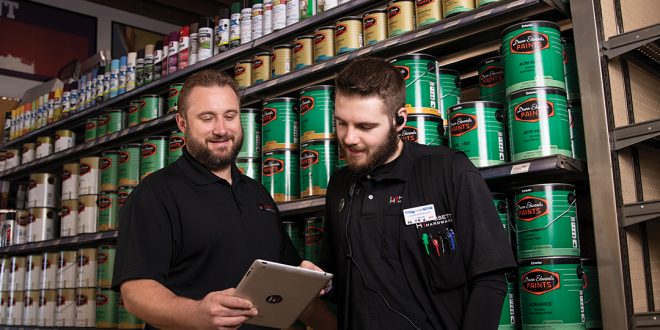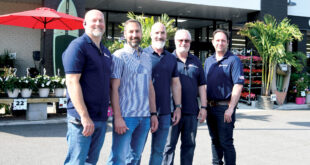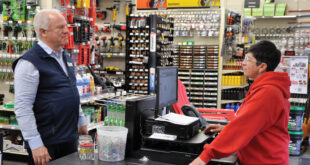Every workplace has its own unique culture: the shared values and actions that guide each business and influence how customers and the outside world view it.
When employers honestly assess their workplace culture, take steps to address long-standing issues and hold employees at all levels accountable, teams grow more unified and can better serve customers. More importantly, businesses operate under a shared set of expectations, leaving little room for ambiguity or inaction.
That was the experience of Eric Hassett, owner of Hassett Hardware, a chain of five home improvement stores in central California. After undergoing a culture audit at his business, he says sales have increased and teams are now operating toward a single purpose.
At Friedman’s Home Improvement, a deliberate culture overhaul brought its four northern California locations closer together and helped employees reach new potential. Lynn Ichinaga, Friedman’s vice president of people and culture, helped the company unite 600 employees to achieve a single goal of prioritizing teamwork.
Learn from these retailers how positive culture can unite and inspire employees to serve customers at a higher standard.
Hassett Hardware | 5 Locations
The Solution: Owner Eric Hassett took part in a yearlong program to define company values and guide his team effectively.
The Result: Hassett says his employees communicate more effectively and feel more empowered to solve problems for customers.
As the third generation working within his family business, Hassett says he’s seen firsthand how the company’s culture has shifted throughout the years. After graduating from college, Hassett returned to the business in 1999. The years that followed included multiple acquisitions, bringing his company to five stores in total.
Hassett says while the growth was vital for the business’s success, expanding to five locations and employing more than 150 people began to put a strain on internal communications.
“When it was just my family in the business, we knew what the purpose was,” he says. “As we grew, I think the message got diluted and we weren’t all working toward the same goal.”
A New Vision
Hassett says he first heard about a program to establish and implement core values from a peer. After researching the process, Hassett decided the time was right to introduce the culture review in his business to implement a new standard of excellence among his employees.
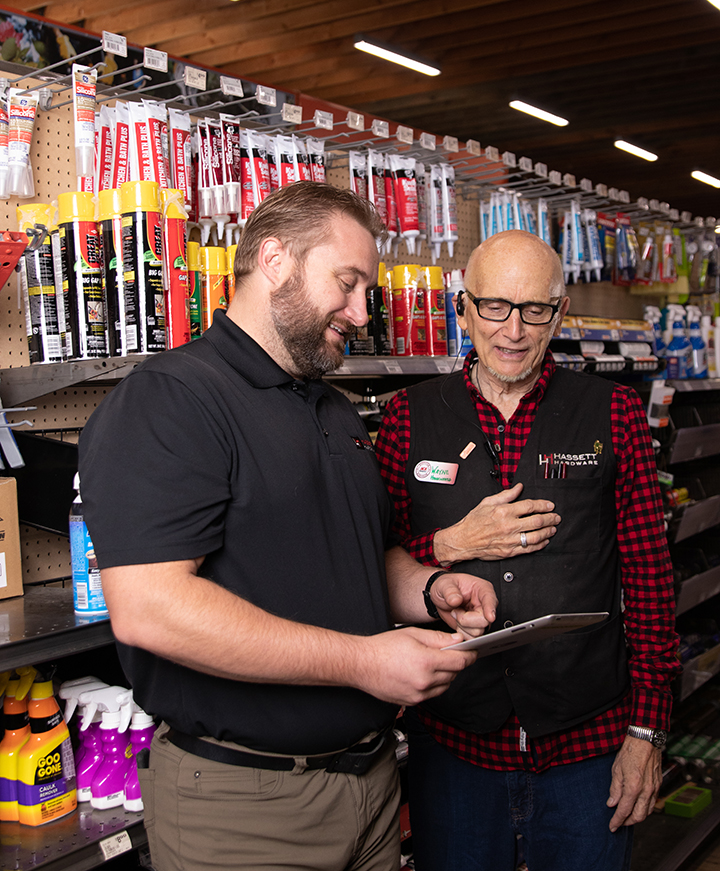
As big-box and e-commerce competition grew, Hassett bet on superior customer service as a defining characteristic that would help his business fend off competitors.
“I got up in front of all 150 employees and said, ‘We’re betting on service, and the way we’re going to offer great service is by improving our culture and having like-minded people work to improve it,’” he says.
One of the key components of improving the culture was to develop a set of core values to guide all areas of the business. Hassett says since those core values were established, they’ve been used to steer overall company strategy, set employee goals and be the final deliberation when employees don’t perform to expectations.
“With our core values in place, everything is in black and white,” he says. “You’re either upholding the goals and values of the company, or you’re not.”
Since undergoing the culture review, Hassett says nearly every aspect of his operation has improved: from reinforcing hiring standards to incorporating a new employee evaluation process, his team’s work to strengthen its culture is filtering into customer-focused improvements.
Be the Change
Even a few years after first instituting the culture review at his business, Hassett says its effects are powerful and serve as a foundation for the business to improve even further. One of the lasting lessons for him as a business owner was understanding the influence he has over his team.
“I think the process taught me to look inward first,” he says. “I saw that I had a lot of room to improve. I think a big part of our companywide cultural shift was the team seeing me shift.”
Hassett says before the analyzing his company culture, he was friendly with all employees, but in his estimation, he never gave enough praise or slowed down to talk with struggling employees in depth. Now, he says he’s able to understand different communication styles and adapt his approach to best engage with any employee.
He says by varying his communication style, he’s seen employees invest more deeply in the success of Hassett Hardware and feel empowered to find solutions for customers without asking for permission or waiting for approval.
“Reviewing our culture changed how we do business,” he says. “Without doing that, I don’t think we’d have the same commitment to accountability.”
Fulfilled employees plan to stay nearly three years longer than unfulfilled counterparts. Source: PwC
Friedman’s Home Improvement | 4 Locations
The Solution: Events called Friedman’s Focus served as the companywide kickoff for a cultural shift that prioritized core values and teamwide success.
The Result: Employees now put teams first, relying on their colleagues’ varied skills and knowledge to best serve customers and uphold company values.
Lynn Ichinaga had a problem most retailers would envy: Many of her company’s 600 employees have served for a decade or more, with some reaching 40 years of service.
However, Friedman’s management began to suspect that with that longevity came stagnation, and employees were content to go through the motions of upholding a positive company culture without challenging themselves to truly deliver unparalleled service.
To reenergize the entire workforce, Ichinaga and the Friedman’s team spearheaded a process to update and articulate the company’s core values. Slowly but surely, each of the company’s 600 employees learned about and bought into a new cultural shift at the business.
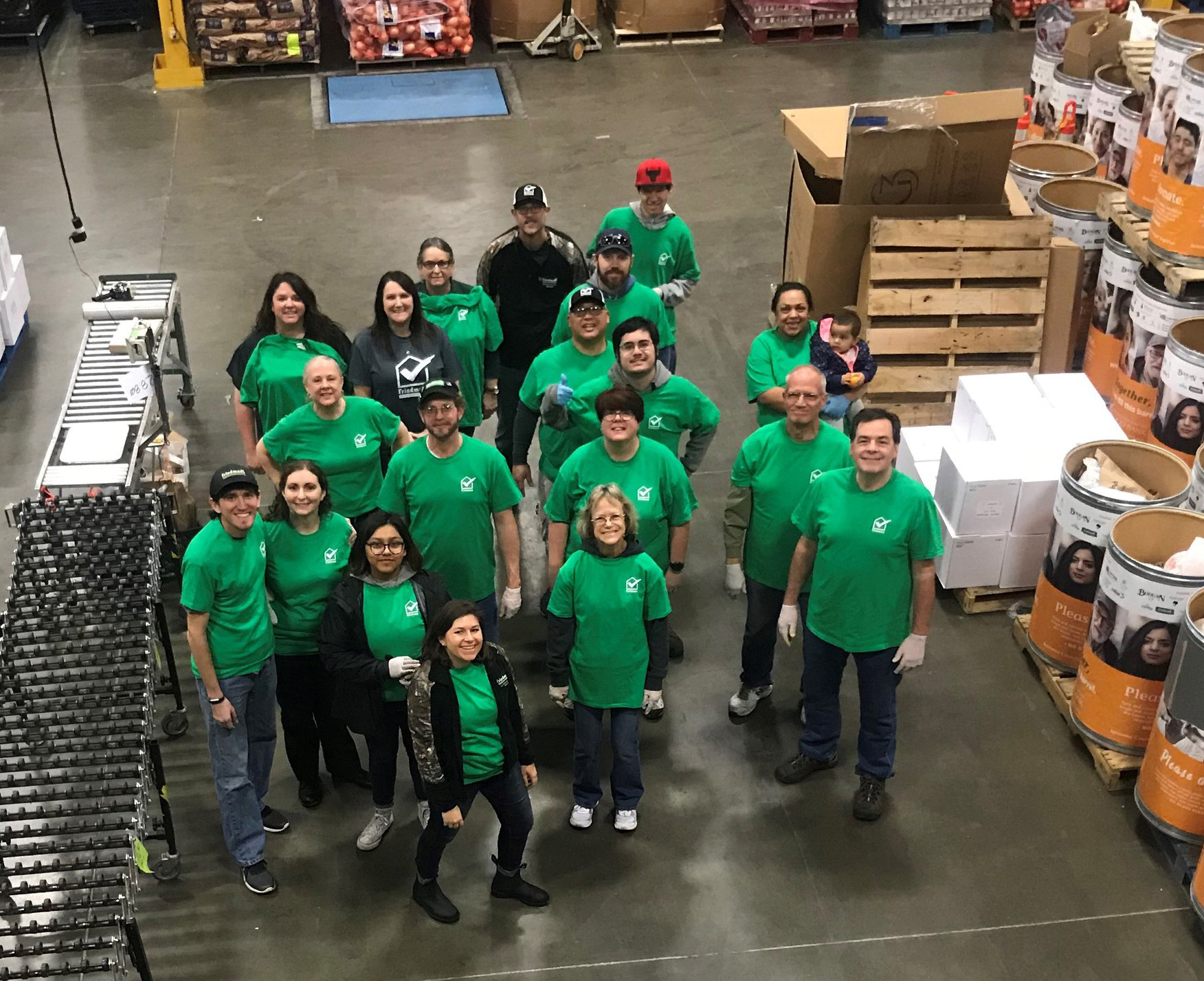
‘Part of Something Bigger’
Ichinaga and her team initiated a series of sessions called Friedman’s Focus, which served as the official introduction to the company’s new core values. “We brought a mix of people into those sessions, which lasted a full day and took place off-site,” she says.
“We brought our entire existing team together and outlined our values and our commitment to safety to make sure everyone was on the same page.”
Icihnaga says taking employees away from their stores put everyone on neutral ground and encouraged people to speak freely and reinvest in the company’s standard of excellence.
“Some people in our Ukiah location had never met people from the Sonoma store, so bringing everyone together showed them that they were part of something bigger,” she says. “We made those sessions fun and engaging, and that was the big launch to our new culture.”
During Friedman’s Focus, teams learned the updated standard by which Friedman’s Home Improvement would now operate: ‘We were born to lead, connect, grow, serve and care.’ Ichinaga says each component of the guiding value contains specific meanings that reminds team members of what the company and the community expect from Friedman’s.
Old Team, New Tricks
One of the measures of success Ichinaga points to is after the Friedman’s Focus sessions, veteran employees seemed authentically invested in the new cultural direction. One of the key updates was shifting to prioritize teamwork, inclusion and collaboration.
“They saw under the new vision that teams were better able to share the load and develop future leaders,” she says. “I think seeing that was powerful; people knew things really were changing.”
Ichinaga says customer service is still at the heart of Friedman’s, but by focusing first on teams, individual employees are empowered to become leaders at every level, effectively deputizing them to represent Friedman’s mission and objectives in every interaction.
Two years after Friedman’s Focus, Ichinaga says the positive effects are still reverberating. The company has won consecutive awards the best home improvement store in Sonoma County and is frequently recognized for its community service. Ichinaga credits the company’s focus on revitalizing the culture as one of the key ways Friedman’s has evolved.
“We often talk about Friedman’s like it’s a living thing, and our company culture is a huge part of that,” she says. “Since Friedman’s Focus sessions, it’s clear that every member of our team has heart; it’s clear to every customer.”
 Hardware Retailing The Industry's Source for Insights and Information
Hardware Retailing The Industry's Source for Insights and Information



